In an important step on the journey of integration and improvement of the quality of medical education , the University of Medicine and Pharmacy, Vietnam National University, Hanoi has officially signed an international cooperation agreement with the Paris Public Hospital System (Assistance Publique - Hôpitaux de Paris, abbreviated as AP-HP).
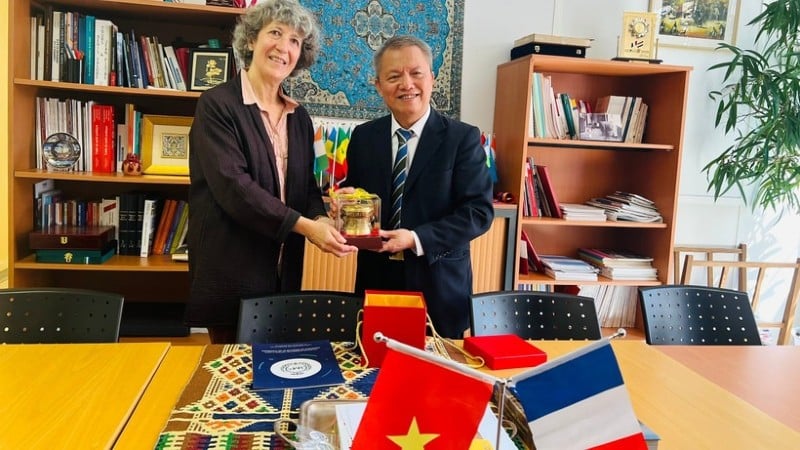 |
| Prof. Le Ngoc Thanh (right) and Ms. Florence VEBER, Director of International Cooperation of AP-HP. |
AP-HP currently owns 38 public hospitals, 6 university-hospital complexes, and a team of nearly 100,000 medical and scientific staff. Each year, this system receives about 8 million patients and implements thousands of medical research projects.
With 11 specialized research institutes and 181 rare disease reference centers, AP-HP is not only a pillar of public health care but also a training ground for generations of highly qualified physicians, researchers and medical lecturers.
In particular, AP-HP is one of the international partners with a long history of cooperation with Vietnam in the field of medical training. Many Vietnamese doctors have been accepted and trained here through the DFMS/DFMSA specialized program, a systematic, in-depth program that is highly appreciated internationally.
The cooperation agreement between the University of Medicine and Pharmacy, Vietnam National University , Hanoi and AP-HP marks a strategic turning point in the development roadmap of medical education in Vietnam.
One of the key contents of the agreement is the construction of Truong Hospital in Linh Dam in the direction of a smart hospital, applying high technology, artificial intelligence and digital management systems in all activities from operation to treatment and training.
More than just a modern hospital, the smart hospital model also serves as an integrated clinical practice space where students, trainees and lecturers can participate in the learning, treatment and research cycle synchronously.
This is the premise for Vietnam to approach the French-style hospital-university complex model, thereby shortening the gap in technology and training methods compared to developed countries.
Meanwhile, the medical training system in Vietnam is still facing many structural barriers. Training programs are not really synchronized between facilities; the theoretical part still accounts for a large proportion while clinical practice conditions are limited; the team of clinical lecturers is not strong enough to meet comprehensive training requirements; and there is no independent and transparent system for assessing professional capacity.
This situation makes many medical graduates not really confident when entering the actual working environment. That raises the urgent need for a comprehensive reform in medical training, not only in content and teaching methods but also in organization, quality control and human resource development.
In this context, Professor Le Ngoc Thanh, Principal of the University of Medicine and Pharmacy, Vietnam National University, Hanoi, made a strategic recommendation to learn from the French medical training model in training medical human resources in Vietnam.
According to Professor Thanh, the French medical model is built on a solid theoretical foundation, closely combined with clinical practice and scientific research.
The total duration of medical training in France lasts from 9 to 11 years, depending on the specialty, in which students are exposed to clinical practice from the first years and go through in-depth practice stages.
In particular, the Internat phase, also known as residency, is considered the pillar of this model. During the residency period, students work full-time at hospitals, directly participating in treatment under the close supervision of the supervising physician. This is a career-shaping phase, helping students develop comprehensive clinical thinking, professional skills and professional ethics.
At the same time, the French system also strongly encourages students to participate in scientific research activities. This not only helps deepen their knowledge but also creates conditions for them to become doctors and scientists, capable of contributing to the progress of modern medicine. The organic link between university and hospital creates a seamless, effective and sustainable learning - practice - research ecosystem.
Professor Thanh believes that if Vietnam can flexibly apply these superior characteristics, we can completely train a generation of doctors with a solid knowledge base, good clinical skills and the ability to conduct independent research. This is the key factor to improve the quality of medical human resources in the era of precision medicine and personalized treatment.
However, this transition will not be without its difficulties. Extending the training period requires large investment resources, which may impact the human resource supply in the short term. To overcome this, financial support policies, scholarships, and career incentive mechanisms are needed to retain talent.
At the same time, the infrastructure system also needs to be comprehensively upgraded. Investment in simulation practice centers, modern labs, digital learning systems and standard practice hospitals are essential conditions to ensure training quality.
In addition, the team of clinical lecturers also needs to be developed in both professional and pedagogical capacity, and at the same time enjoy a remuneration mechanism commensurate with their roles and responsibilities.
Finally, an indispensable factor is the change in thinking from schools, hospitals, management agencies and learners. The new training model requires students to be more proactive, self-study and critical thinking; meanwhile, lecturers and managers need to play a leading role, orienting and creating conditions for learners to develop comprehensively.
Source: https://baodautu.vn/hop-tac-quoc-te-mo-loi-cho-dao-tao-bac-sy-viet-nam-theo-chuan-phap-d312049.html








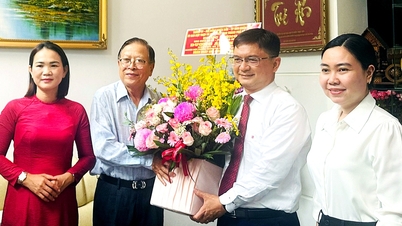

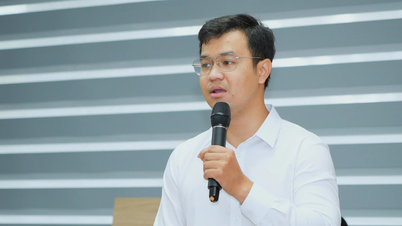
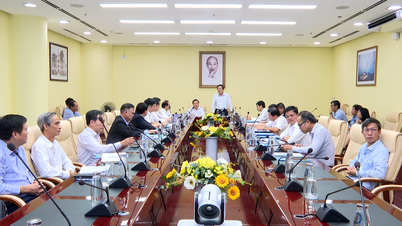


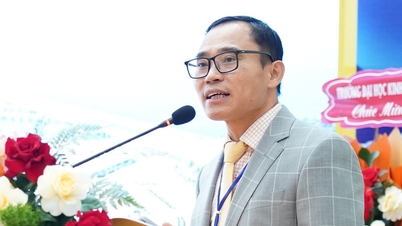
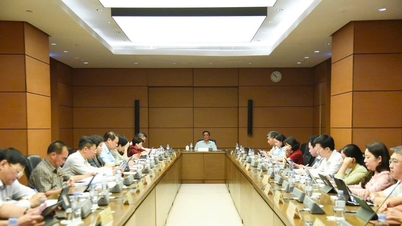



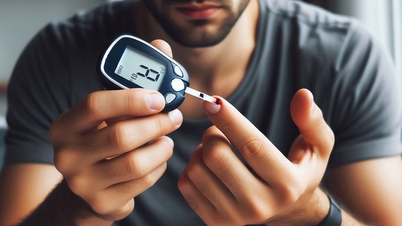

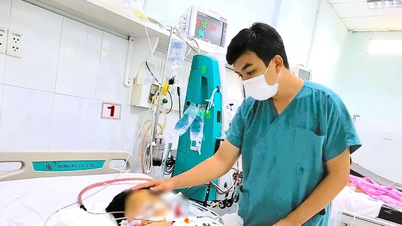



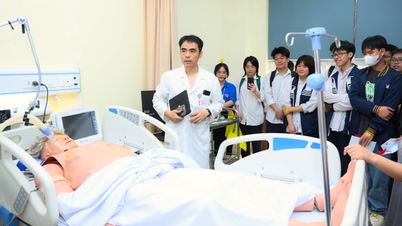








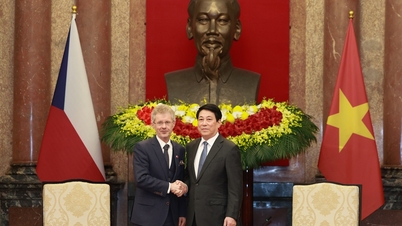
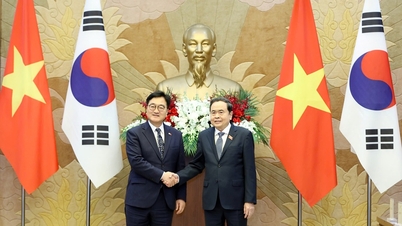






















































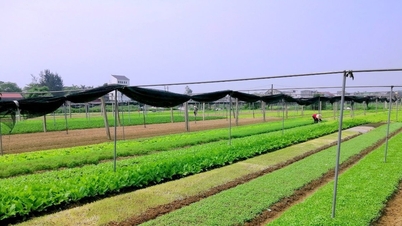


















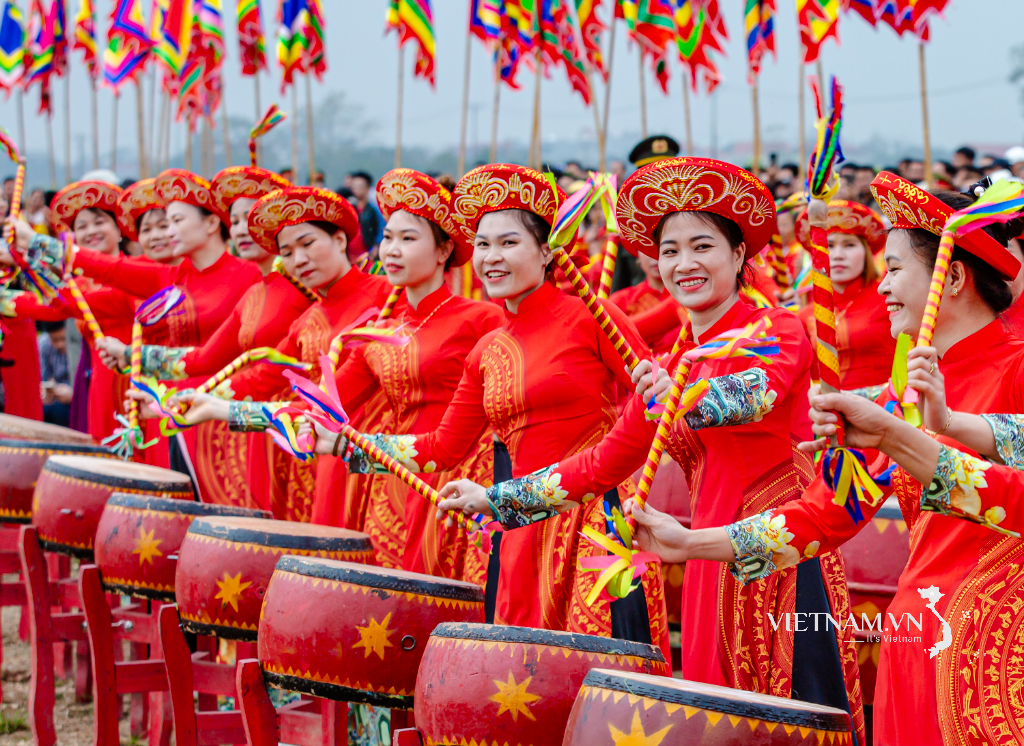
Comment (0)